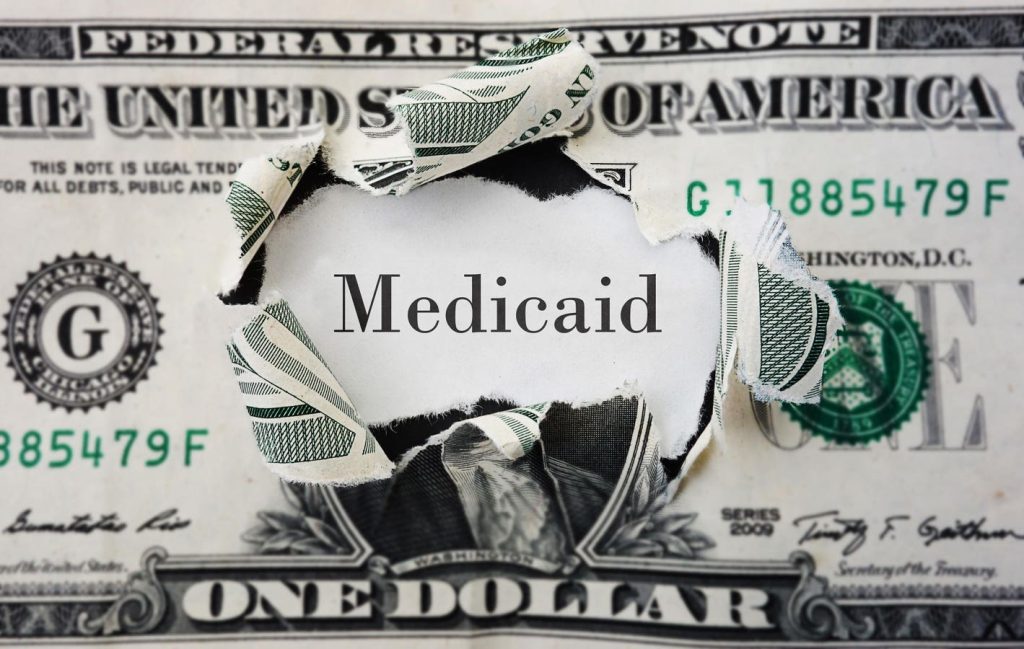The healthcare affordability crisis in the United States is a complex issue that is often exacerbated by public policies. One recent example of this is the financing scheme for Medicaid expansion in North Carolina. Hospitals in the state, which are highly consolidated and politically powerful, played a crucial role in pushing for Medicaid expansion. In order to gain their support, the state and the Centers for Medicare and Medicaid Services (CMS) agreed to reimburse hospitals for their Medicaid services at commercial payment rates, with most of the funding coming from federal taxpayers.
While this scheme benefits hospitals, the state government, and the Biden Administration, it comes at the expense of North Carolina workers, employers, independent physicians, and federal taxpayers. Hospitals are able to enjoy commercial rates for serving Medicaid patients, giving them a significant financial advantage over independent physicians. This allows hospitals to further consolidate the market and raise commercial rates, ultimately squeezing more money out of workers, employers, and the Medicaid program.
The North Carolina state government also benefits financially from the Medicaid expansion through federal matching funds and increased control over how the funds are used. The Biden Administration, on the other hand, gains politically by being able to tout its success in bringing Medicaid expansion to the state. However, the scheme ends up placing a heavier financial burden on North Carolina workers and employers, who are already struggling with high commercial prices.
Independent physicians, who already receive lower reimbursement rates than hospitals, are further disadvantaged by the Medicaid-expansion financing scheme. This widens the payment gap and makes it increasingly difficult for independent physicians to survive, forcing many to become employees of hospital systems. Overall, federal taxpayer dollars are funneled into hospitals in North Carolina, indirectly supporting high commercial prices that harm workers and employers.
As policymakers set the rules of the game for healthcare players, it is important to consider how these policies are impacting the system. Instead of blaming greed or seeking help from regulatory bodies, it is crucial to examine the policies that have led to the current situation. The financing scheme for Medicaid expansion in North Carolina and other states is seen as an expensive, inefficient, and nontransparent approach that erodes public trust and incurs significant negative consequences and opportunity costs for taxpayers. The CMS has a responsibility to explain the rationale behind its regulatory decisions to the public.















